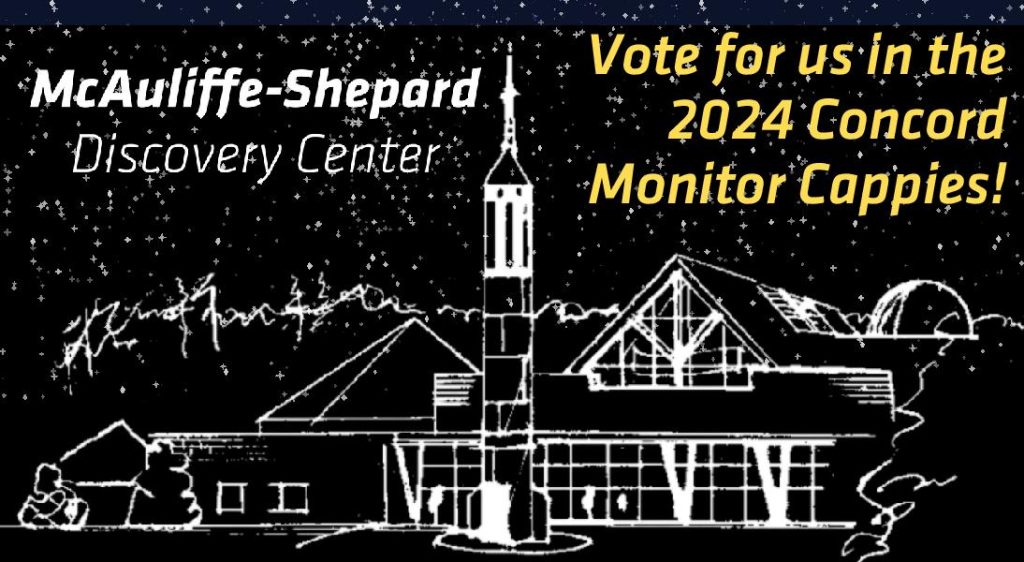Sept. 9, 2002: The Concord City Council votes unanimously to send all money raised from the land use change tax to the city’s Conservation Trust Fund. “The fact is we’ve been giving much less of a priority to open space as a city council over the last 10 years than we should have,” Mayor Mike Donovan says following a public hearing on the matter.
Sept. 9, 2000: Concord is about to get its own baseball team, the New England Collegiate Baseball League announces. Concord will join the wooden-bat summer league next summer, playing its home games at Memorial Field.
Sept. 9, 1847: With Mexican War fever at its peak, the Ancient and Honorable Artillery of Boston celebrates its 211th anniversary with a march down Concord’s Main Street.
Sept. 9, 1842: The rail line between Boston and Concord opens. Two years later, it will carry 73,000 passengers and 43,000 tons of freight.
Sept. 10, 1861: Fire destroys the railroad storage barns and many cars of the Concord and Northern railroads.
Sept. 11, 2001: In cities and towns, schools and offices, people across the state break from their routines as the grim details of terrorist attacks along the East Coast unfold. Many simply break down.
Sept. 11, 2002: Hundreds of people stand silent under umbrellas at the State House Plaza during a Sept. 11 commemoration ceremony.
Sept. 11, 1866: Kearsarge beats Portsmouth 32-19 in one of the first reported games of “base ball” in Concord. Judge Ira Eastman, however, remembers seeing the game (or its forerunner, rounders) played in the city 50 years before.
Sept. 12, 2001: People across the state search for ways to respond to the terrorist attacks along the East Coast. Hundreds of people give blood, some enlist in the military, others stock up on ammo.
Sept. 13, 1913: Harry K. Thaw, a wealthy, prominent New Yorker who murdered one of the country’s foremost architects, Stanford White, arrives in Concord. Thaw was convicted, escaped from prison and was recaptured in Canada. He was brought back across the border and is being held under house arrest at the Eagle Hotel on Main Street. His case will be tangled up in court until December 1914. In the meantime, he will pass the summer of 1914 at a resort in Gorham.
Sept. 14, 1972: On Main Street in Concord, Edward Nixon, the president’s younger brother, opens the state headquarters of the Committee for the Re-election of the President. The Monitor’s reporter notices only a vague resemblance between the taller, thinner Edward and his famous brother. “Only the nose,” Edward Nixon agrees.
Sept. 15, 2003: The Concord City Council approves adding several traffic-calming devices to Broadway, in the area near Rollins Park. Those devices include medians, a traffic island and curb protrusions – also known as bump-outs – that councilors hope will force drivers to slow down.
Sept. 15, 1860: Concord celebrates the opening of Auburn Street. Several hundred residents join in a carriage procession, led by the Concord Cornet Band, from the Eagle hotel, up Centre Street to Auburn. Two large flags suspended across the new street draw hearty salutes. The march continues to Little Pond Road. One speaker says the new road suggests indications of our progress in civilization.
Sept. 15, 1983: WJYY radio in Concord takes to the airwaves for the first time. Politicians express delight at the new media outlet. “The more the better,” says Democrat Chris Spirou. “Someone might turn the dial and hear Chris Spirou talking!”



















